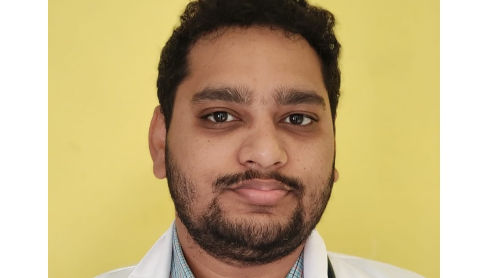- Home
- Speciality specific Q&A
- Cardiology
- Heart Disease
I've been feeling some heaviness in my chest, not so much pain but more like there's something pressed against it. It's also affecting my sleep. My left shoulder and fingers feel a bit numb too, but it's more discomfort than pain. I used to smoke occasionally, like one or two cigarettes every few months, and I drink less than three days a month. All these chest discomforts have been around for about two years now. I saw a doctor back then and they said everything was fine, but it got worse with numbness and lightheadedness, and they said I had spondylosis. I've also had a shoulder injury since 2009, which I didn't really take care of. I'm trying to figure out if this is heart-related, gastric problems, or something due to my shoulder injury. It's really starting to affect me a lot. What could be causing these issues?
I've been feeling some heaviness in my chest, not so much pain but more like there's something pressed against it. It's also affecting my sleep. My left shoulder and fingers feel a bit numb too, but it's more discomfort than pain. I used to smoke occasionally, like one or two cigarettes every few months, and I drink less than three days a month. All these chest discomforts have been around for about two years now. I saw a doctor back then and they said everything was fine, but it got worse with numbness and lightheadedness, and they said I had spondylosis. I've also had a shoulder injury since 2009, which I didn't really take care of. I'm trying to figure out if this is heart-related, gastric problems, or something due to my shoulder injury. It's really starting to affect me a lot. What could be causing these issues?
I've been feeling some heaviness in my chest, not so much pain but more like there's something pressed against it. It's also affecting my sleep. My left shoulder and fingers feel a bit numb too, but it's more discomfort than pain. I used to smoke occasionally, like one or two cigarettes every few months, and I drink less than three days a month. All these chest discomforts have been around for about two years now. I saw a doctor back then and they said everything was fine, but it got worse with numbness and lightheadedness, and they said I had spondylosis. I've also had a shoulder injury since 2009, which I didn't really take care of. I'm trying to figure out if this is heart-related, gastric problems, or something due to my shoulder injury. It's really starting to affect me a lot. What could be causing these issues?
Visit your Physician for evaluation and appropriate management




